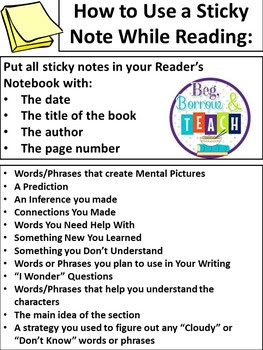Do you ever find it difficult to find the time to get everything done at school? Do you have to take work home just to keep up? This post has some ways you can manage the work each day and make more time for yourself!
Use Your Prep Time As Efficiently As Possible
I know, I know. Planning periods are often taken up by things like meetings and conferences, but when you do get those few unencumbered moments, use them to your advantage.
Do the Things at School That Can’t be Done at Home:
Copying
I try to get all my copies done on Fridays for the upcoming week if I haven't had time during the week to get it done. The copier is ALWAYS breaking, so I don't want to wait and take the chance the following week that I won't be able to get it done.
Parent phone calls
Please don't EVER make these from your home or cell phone. For one thing, it's important to keep those healthy boundaries between work and home. For another, this is one of those things that really is best done at school for several reasons.
"Batch" the Tasks
What I mean by "batching" is to focus on one thing/subject at a time and finish that before moving on. For example:
- Make the lesson plans
- Gather the materials
- Make the copies
- Grade the assessments
- Decide if any of these things can or should go home for completion (with the exception of copying)
Plan With Your Grade Level When Possible
Try to collaborate with anyone who teaches the same thing so you can work together on units.
Don't Reinvent the Wheel
If lessons or units don't need to be changed from previous years, don't bother with them. Focus on making your lessons work smarter, not harder.
- Make sure you have accommodations/modifications written into your lessons for students with special needs.
- Fluff (worksheets, filler notes) should get tossed aside quickly for learning driven by the students, such as projects where they have to actually find the answers instead of you preparing the information for them.
- Have a set number of assignments that repeat and use the same template. So the form doesn't change, but the content does. That way you don't have to create everything over and over.
Use An Online Planbook
I have the app on my phone, which means I can change or view lessons ANYTIME, ANYWHERE.
- PlanbookEdu : This website has practically saved my life this year. Yes, it's not free, but it's worth every penny. You can input your state standards above your lessons and it keeps track of how many you've covered in your lessons. You can attach files that you need. You can print and email the whole plan book or a selection. In a word, priceless.
When You Can't Get It All Done During Your Planning Period:
Have set “late nights” like Tuesdays and Thursdays (or whatever works with your schedule).
That way you can get what you need to get done when there aren't so many people around to break your concentration. You're sacrificing a bit of time for work so that your don’t have to be stressed when you’re hanging out with your family. That way you can have the energy you need to give them.
Get To Work Early Instead of Staying Late or Taking Work Home
You will be so much fresher and not have the same interruptions you do by staying later in the afternoon. Of course if you're like me, I'm still groggy in the morning so I actually prefer staying later in the afternoon.
Be Very Selective About The Work You Do Take Home
Whether you have a family or not, your time in the evenings is short and you NEED downtime to recharge your batteries. Sure, you can power through some nights without much sleep, but if you do it too often, you are setting yourself up for teacher burnout.
You can read more about this in my
"Avoiding Teacher Burnout" post.
Go to Your "Happy Place" to Grade Papers
Sometimes I have to leave the house to grade so concentrate at a Starbucks and knock out papers that way.
Join An Online Support Network
There are many Facebook and online teacher communities designed to support your effort to get more work done at school and bring less home.
Many teachers have highly recommended the 40 hour teacher work week club.
How do you balance it all? I can always use more tips on how to do this!

















